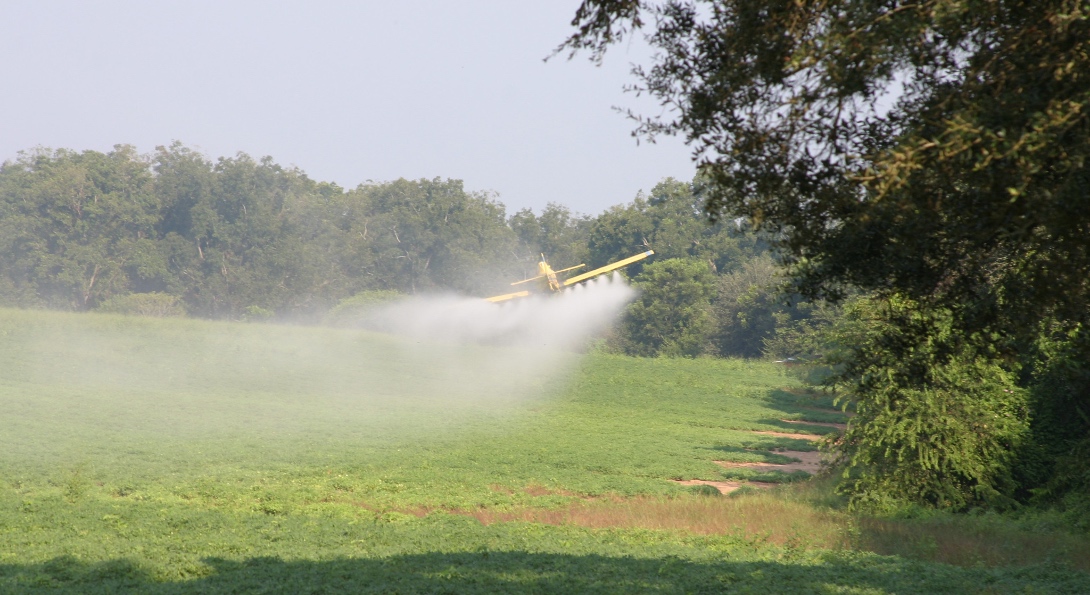Increased risk for holoproscencephaly and maternal exposure to pesticides

Researchers found an increased risk for holoprosencephaly (HPE) among maternal exposure to select pesticides. Holoprosencephaly is the failure of the prosencephalon, or forebrain, to develop normally. The forebrain is a region of the brain in the fetus that develops into parts of the adult brain, including the cerebral cortex.
Four windows of exposure were considered: preconception, early, mid and late pregnancy. An association was found between risk of HPE and pesticide exposure including insecticides and acaricides for pets and personal insect repellents during pregnancy. They also found an association with exposure to household pest products during preconception or pregnancy. No associations were found with occupational exposures to pesticides. Researchers accounted for estimate household, occupational, and environmental pesticide exposures through a questionnaire. Cases were identified through the National Human Genome Research Institute’s ongoing clinical studies of HPE.